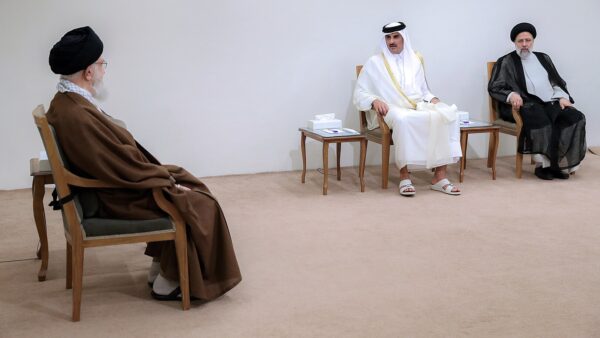The “big four” accountancy firms have been criticised by two parliamentary committees for their behaviour in the 10 years before the failure of UK contractor Carillion.
Frank Field, the co-chair of the Work and Pensions Committee, said: “The image of these companies feasting on what was soon to become a carcass will not be lost on decent citizens.”
KPMG, EY, PwC and Deloitte billed the company, pension schemes and the government for almost £71.6m. He added that the fact that PwC was the only major firm that was able to administer Carillion’s liquidation, because it was the only one without a conflict of interest, showed the industry was an “oligopoly”.
However, Field was also critical PcW. He said it played “all three sides – the company, pension schemes and the government – to the tune of £21m and is now being paid to preside over the carcass of the company as special manager.”
Rachel Reeves, chair of the Business, Energy and Industrial Strategy (BEIS) Committee, singled out KPMG, Carillion’s auditor, for attack. She said: “KPMG has serious questions to answer about the collapse of Carillion. Either KPMG failed to spot the warning signs, or its judgement was clouded by its cosy relationship with the company and the multi-million pound fees it received.”
“For the sake of all those who lost their jobs at Carillion and in the interests of better corporate governance KPMG should, as a bare minimum, review its processes and explain what went wrong.”
The committees pointed out that three of Carillion’s former finance directors had also worked for big four accountancy firms, and that two were former KPMG employees.
In its written evidence to the committee KPMG said: “We have no reason to believe that the 2016 accounts showed other than a true and fair view, and, as we have commented publicly, we believe we conducted our work appropriately and responsibly.”
It added: “An accumulation of adverse developments in specific areas of the business can quite quickly cause a precipitous decline. It does not follow automatically from a company collapse … that the auditor did a bad job.”
The conduct of KPMG is presently the subject of an investigation by the Financial Conduct Authority. The watchdog will examine its work from 2014 to 2016 and additional audit work carried out during 2017.
Image: Frank Field, co-chair of the Work and Pensions Committee (Creative Commons)
Comments
Comments are closed.











It was obvious what was going on. Yet the Government did nothing. They knew fine well what was happening. follow the money and smell….
This is disgraceful, but should surprise no-one.
It isn’t just the ‘Big Four’ that feast on the carcass of large companies. It is my experience of smaller companies that have gone into liquidation and have been administered by much smaller accountancy firms, that there is very little left in the pot for distribution to creditors after the secured creditors, usually HMRC and the banks, have had their cut and the liquidators have had the rest. It often seems that the liquidators keep the process going until there is little or nothing left before they close the deal.
I would say that we have been creditors in 7 or 8 liquidations and have never received one penny!!!
‘Snouts’ and ‘troughs’ spring to mind.
A rotten mess. This disgraceful affair should bring an end to giant organisations and how they operate; but will it?